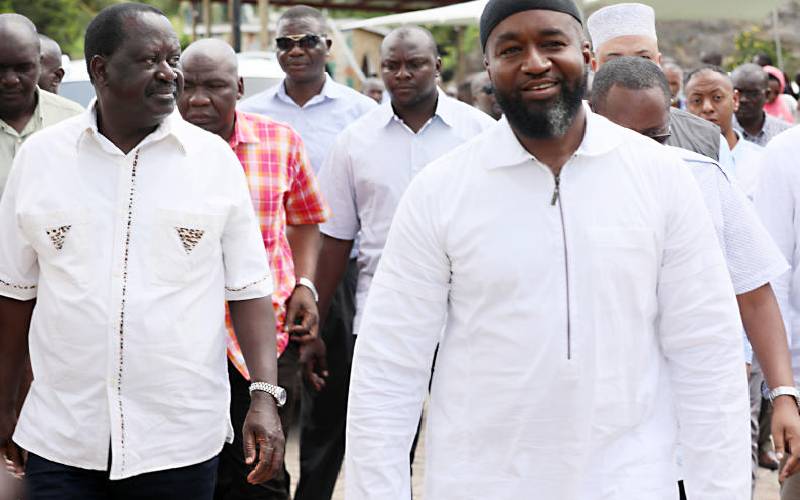×
The Standard e-Paper
Smart Minds Choose Us

A proposal for the establishment of regional governments could be gaining popularity among second term governors because it gives them yet another shot at a powerful post.
Some 22 governors are constitutionally barred from running for office again and the prospects of constitutional reforms that create another high-profile post are welcome, given vying for MP position would not be admirable as it is perceived as a lesser office.